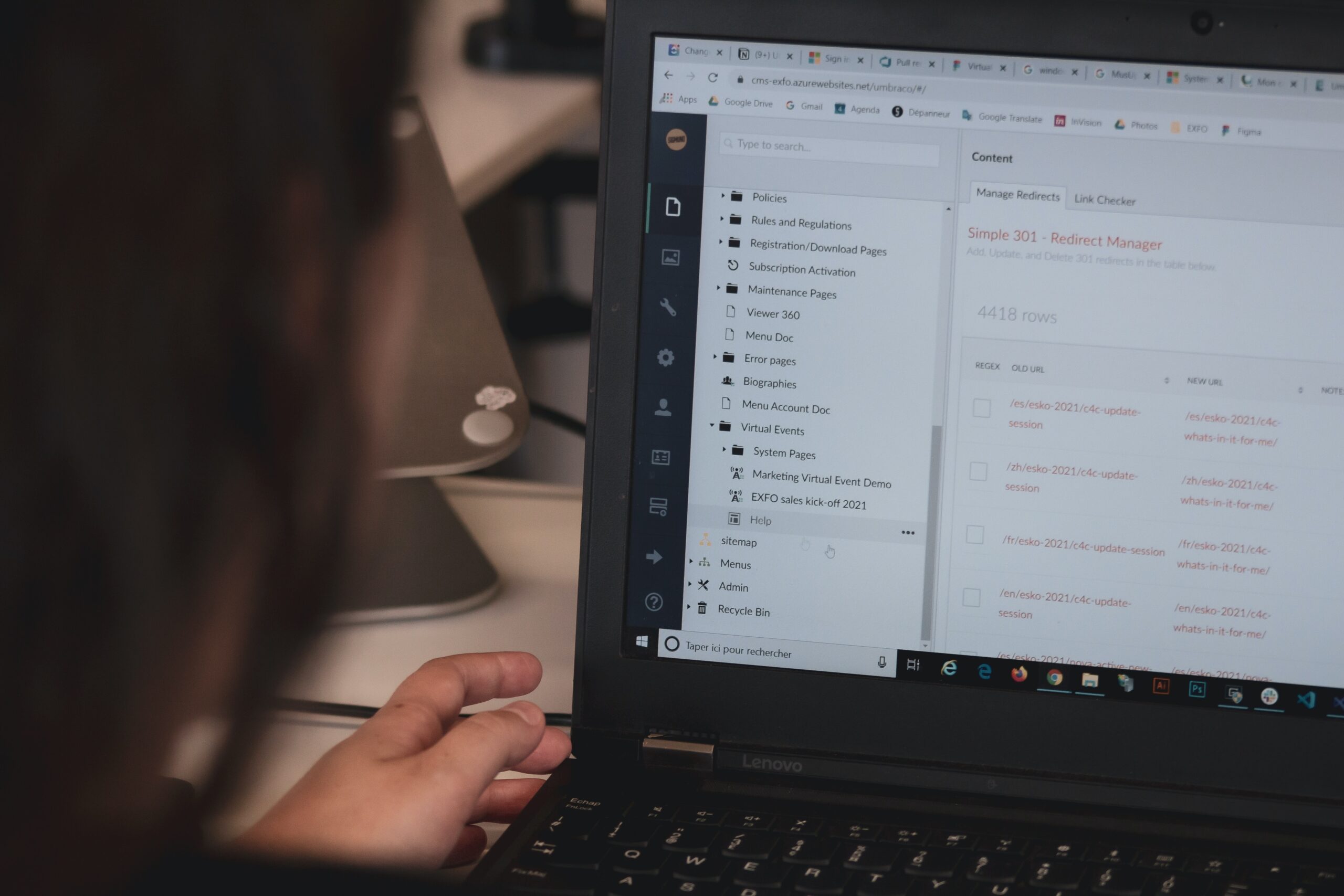Switch Off Email Notifications
As quick fixes go, this is a game changer.
Attention is a powerful ally, and you need it to get your best work done. Attention is not a switch that you turn on and off, though. It is a mental state that it takes time & effort to achieve. Like the village water pump or like a steam train gradually building up momentum, you need to apply a little consistent pressure before your brain warms up and you see results.
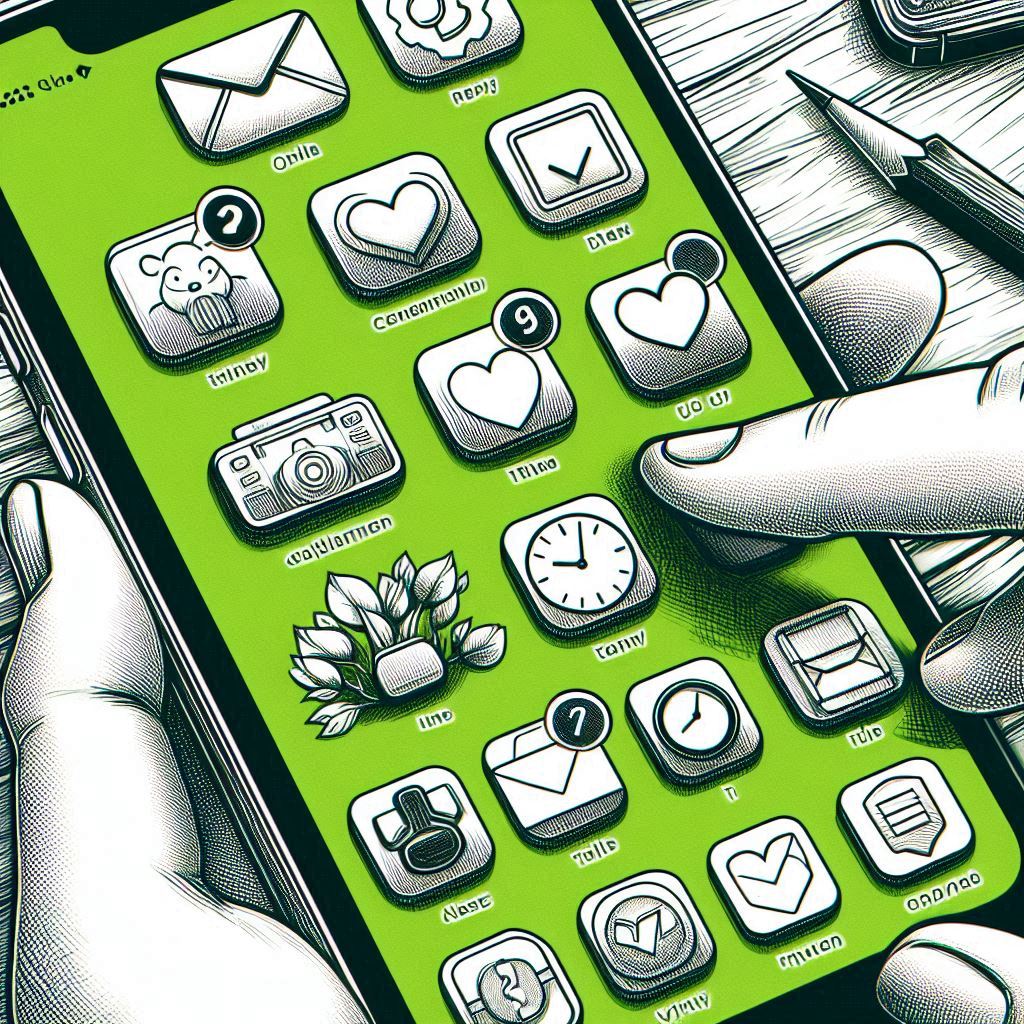
Once you are in the zone you are cruising – the work becomes easier, you have got your eye in, you may achieve a state of flow. But it takes a little determination early on to shut out the background noise, and to get up to speed.
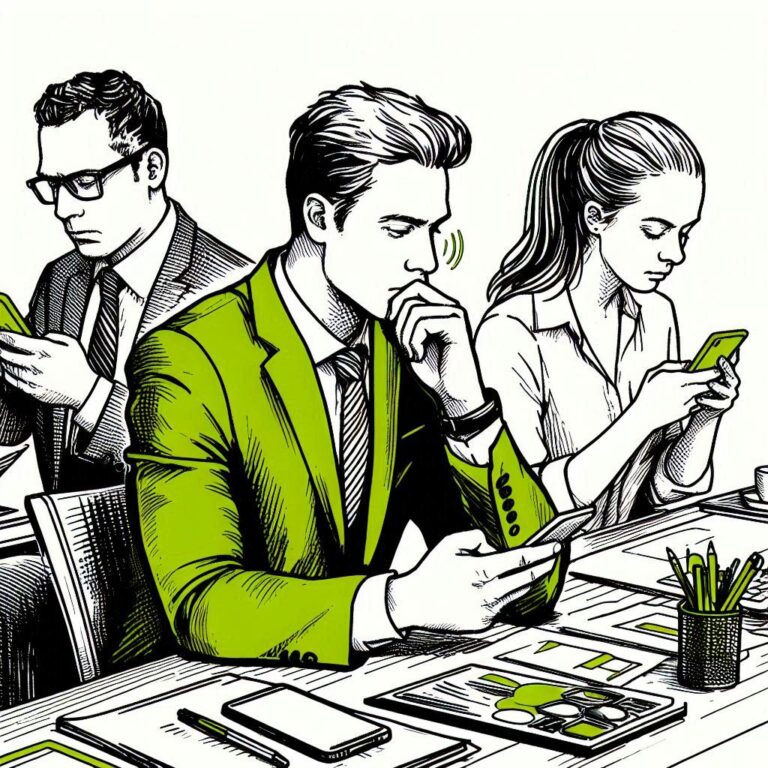
The easiest thing to do when you are embarking on a big meaty task, especially one which you are not relishing, is to put it off. If something on your to-do list is exacting or demanding the brain starts looking for distractions, like housekeeping, busy work, mobile phone notifications… or emails. If you pivot to something else as soon as you start to experience this resistance you will never achieve the state you need to reach to do your best work.
Steven Pressfield’s The War of Art is the masterwork on procrastination. In it he writes of such almighty resistance, it kept him from producing his own work for decades!
“This is the other secret that real artists know and wannabe writers don’t. When we sit down each day and do our work, power concentrates around us. The Muse takes note of our dedication. She approves. We have earned favor in her sight. When we sit down and work, we become like a magnetized rod that attracts iron filings. Ideas come. Insights accrete….”
The War of Art, Steven Pressfield
Every time you take yourself out of what you are doing to visit your email inbox, you automatically disperse the attention which needs to build up. You choose the distraction over the mission. It will become that much harder for you to start getting yourself up to speed again. It is like queuing, as soon as you switch focus you lose your place, and you need to start again from the beginning.
It is not that it takes a long time to stop what you are doing, read the brand new email, mark it as read, and return to what you are doing. That time is not the real cost, the cost is focus. Focus can be deep or shallow & it takes effort to get sink deeper. It also takes conditions to be right. The rewards, though, are enormous.
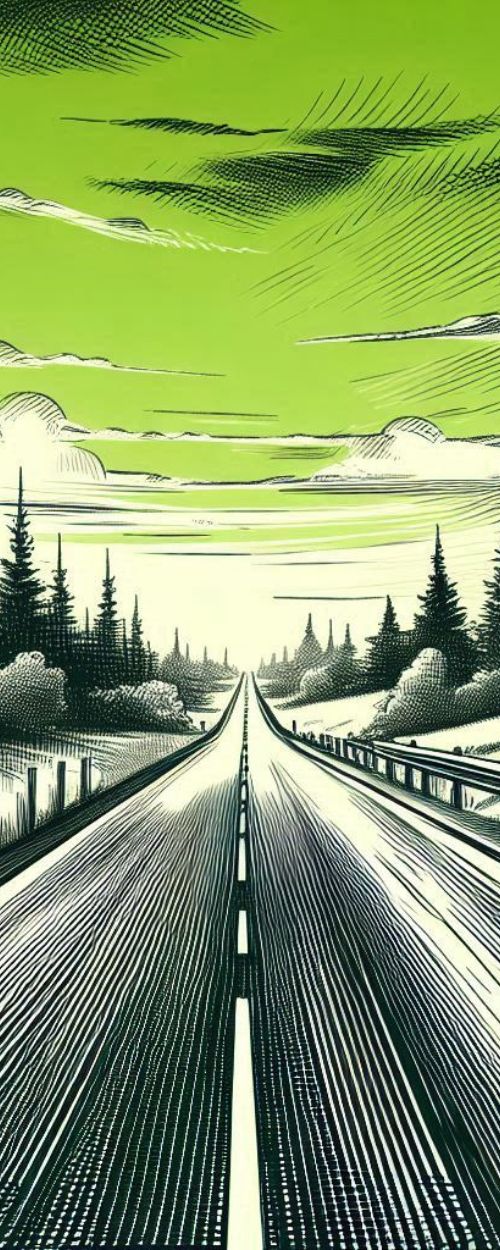
Think about the last time you were lost while driving, or you were parallel parking in a tight spot. Did you turn the car stereo off? Yes! Of course. ‘This is serious, give me a minute to think here…’. Background noise is distracting, to achieve focus we need as few distractions as possible.
We also need time. You can be driving down the motorway alone, lost in thought, balanced in a state of perfect concentration. Time seems irrelevant, you are able to forget that you are hungry, or grumpy about work, you are both completely focussed on the road ahead, AND simultaneously picking up interesting ideas in your head, turning them over, pulling them apart, putting them back together, maintaining an inner monologue, having insights into your home life and your work life. You don’t WANT to pull over, even though you are dimly aware that you need a comfort break, you know that you are in the groove, that the going is good, that you can sit still here in the flow of life. When you finish your journey later it feels a bit like a dream.
The ultimate state of focussed channelled attention in known as a ‘flow’ state. It is a state of mind we will all be familiar with, when things seem to click into place, time moves differently, tasks that we normally consider challenging we find easy, our piano playing sounds much better, our golf swings are connecting perfectly. I’m sure we can all remember having a approached a task at work with some dread & trepidation, only to experience the unlocking of a great outpouring of quality work when we get started.
Neurochemically speaking, flow states are characterised by the release of reward chemicals that enhance performance, creativity, and focus. Steven Kotler is founder of the Flow Research Collective & has written bestsellers on the topic of flow:
“The brain produces a giant cascade of neurochemistry. You get norepinephrine, dopamine, anandamide, serotonin and endorphins. All five of these are performance enhancing neurochemicals.”
Flow states not only feel good, they are also when we do our best work. We learn faster, we maximise our output, we seem to have boundless energy for tasks normally considered taxing. In short, it is the definition of peak performance.
It is not necessary to achieve a state of flow for work like filing emails, or planning our calendars, or booking hotels, but for the work that really matters & makes the difference in our careers like reports, analysis, creative endeavours, & projects the achievement of a flow state can radically reduce the time it takes. You’ll improve the quality of your output and do it in half the time.
When we are finished it sometimes feels like divine intervention, like we were just holding the pen, and that the work was being done for us.
This creating-like-an-observer phenomenon has been reported by the likes of Noel Gallagher, Giuseppe Verdi, and David Paich, from the band Toto! The work is of a higher calibre than we consider to be our own standard.
“…I sang the chorus out as you hear it. It was like God channelling it. I thought, ‘I’m talented, but I’m not that talented…!’” David Paich, on ‘Africa’
Some of the preconditions to achieve the ‘flow’ state are silence, time, a challenge/skills balance that is right for us, some novelty, complexity, and purpose, as well as a sense of some jeopardy; It has to matter to some extent, it can’t feel like a pointless exercise, or the fire won’t ignite.
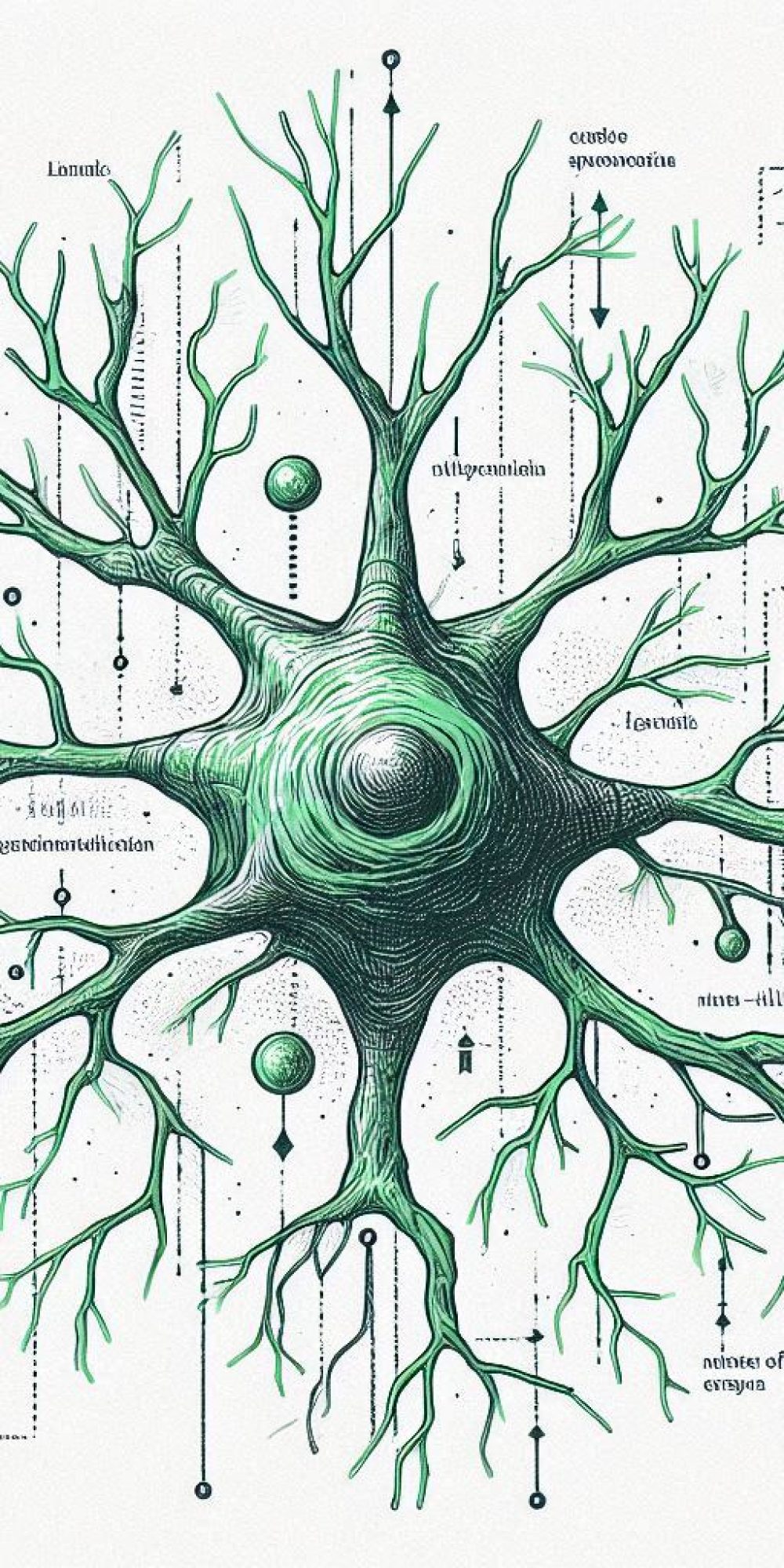
What is happening from a neurochemical point of view is that our brains are releasing all of the big neurotransmitters in our brain’s reward system at once, as an incentive to stick at it & find more work. It exists for all of us, at a biological level, for evolutionary reasons.
Just as we have reward centres to provide biological payoffs for canny evolutionary behaviours like bonding with partners & with groups, eating, building fires, building shelters, camping, sunbathing, and a heap of other intrinsically rewarding activities, just as we get satisfaction & elation from a great meal, or from physical exercise, or social engagement, the afterglow of a deep flow state can last for days.
This state is universal to human beings across territories and time, it is not a cultural thing, it is hard wired biology.
Unfortunately, silence & time are both increasingly rare in the modern office environment.
If you are working in an office that is not your own you will be subjected to all sorts of background noises, visitors coming & going, work & non-work-related conversations across the room, all punctuated several times with meetings.
Between these meetings you’ll have deadlines – often daily deadlines.

You will also be receiving phone calls, taps on the shoulder from colleagues needing information, there will be casual conversationalists, you will need toilet breaks, tea breaks, and often instant Messenger/MS Teams chat notifications as well, if your business employs those platforms.
Amid all that mental noise there can be further interruptions, you might also receive Facebook messages, SMS, Instagram or Twitter notifications – an absolute minefield of interruptions.
The miracle is that we get any deep work done at all. Estimates vary as to how often we are interrupted; between 4 interruptions and 12 interruptions per hour is not unusual in some workplaces, and TIME Magazine quote 56 interruptions per day(!) Don’t make it harder on yourself by breaking off each and every time your email taskbar icon changes to an envelope. Let the emails pile up for a few hours at a time. It does not cost you anything. Nothing urgent that cannot be remedied needs to be dealt with immediately. You lose your focus every time you flick back to emails & it is seldom that important.
Leave it.
If it were important they would call.
When you are in the early stages of the work that matters, like a project, and experiencing some resistance, and the brain is actively looking for distractions, telling you this does not need to be done right away, that you should come back to it when you are clearer on the parameters… any opportunity like a mailbox notification is an open invitation to break your concentration & potentially derail you altogether.


Even if you find nothing to do and you come back to the work, you have dissipated the momentum you had. That is best case scenario – potentially you forget what you were doing & waste 40 minutes on something else.
We know from experience that we can’t really watch a film while simultaneously scrolling on the phone, you cheat yourself of the drama and the tension of the exciting bits when you have been Googling the actor during the boring bits.
You need to buy-in to it, immerse yourself in the film to get the reward. Same story here. You can’t pick it up and drop it.
You need to submerge yourself to do it well.
It is actually easier that way, if you can do it.
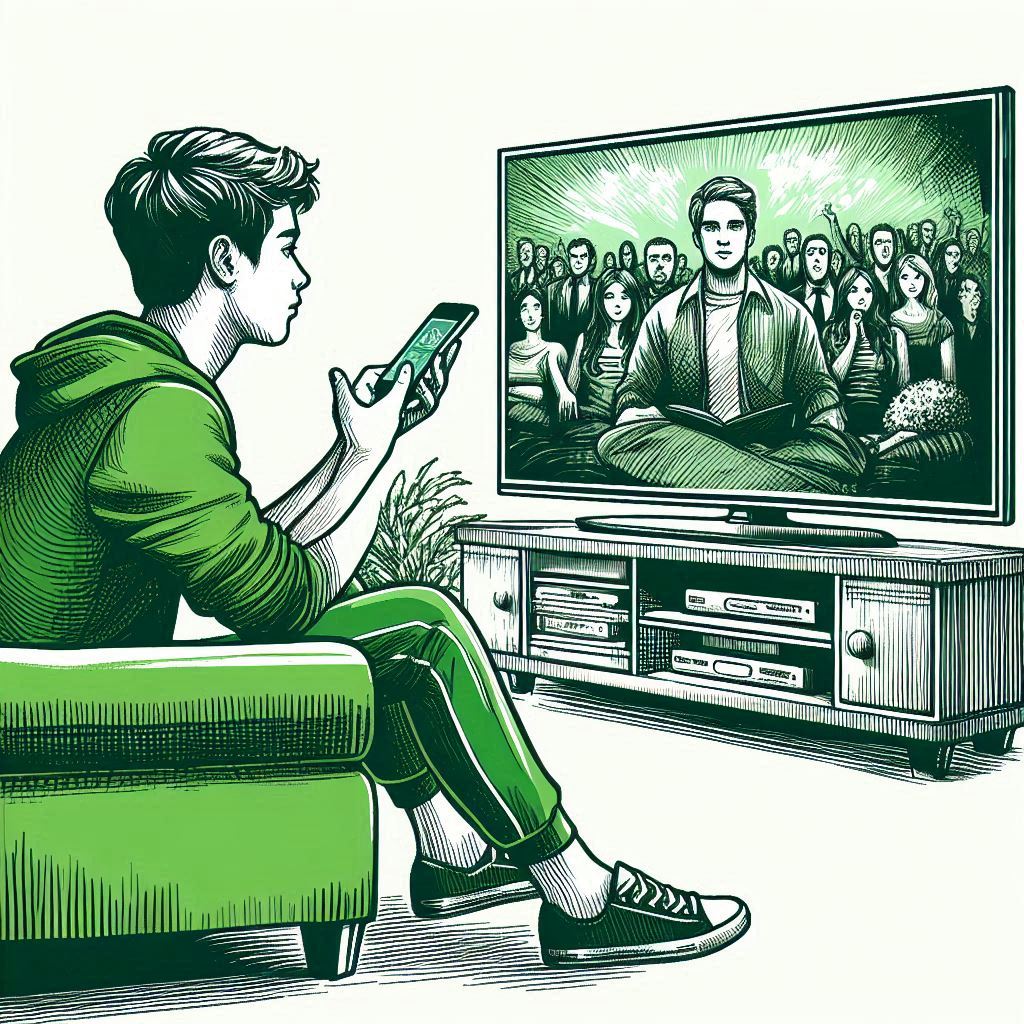
It is a 10-minute job to work out how to deactivate the notifications on your email, so stop it from switching icons any time you get a mail, absolutely definitely block pop-ups on the screen with a preview, and silence any siren, beep, or chirp to alert you that you have mail. The 10 minutes it takes to silence the mailbox will repay you a hundred times over in lost effort, lost focus and lost time.
It might not be practical to close the browser window altogether if your email is also a repository of product information, reports, customer names, financial data and anything else you need to complete your work. You might need to dip in and out while doing other things than emailing.
Resist the urge to do any email pruning; stay on the job. Remember that splitting yourself by half working on several tasks:
- pulls you out of the important work
- saves no time
- prolongs the task you are on now
- lessens its quality,
- exhausts your brain – leaves you overwhelmed
- dampens the reward & enjoyment of a task well done.
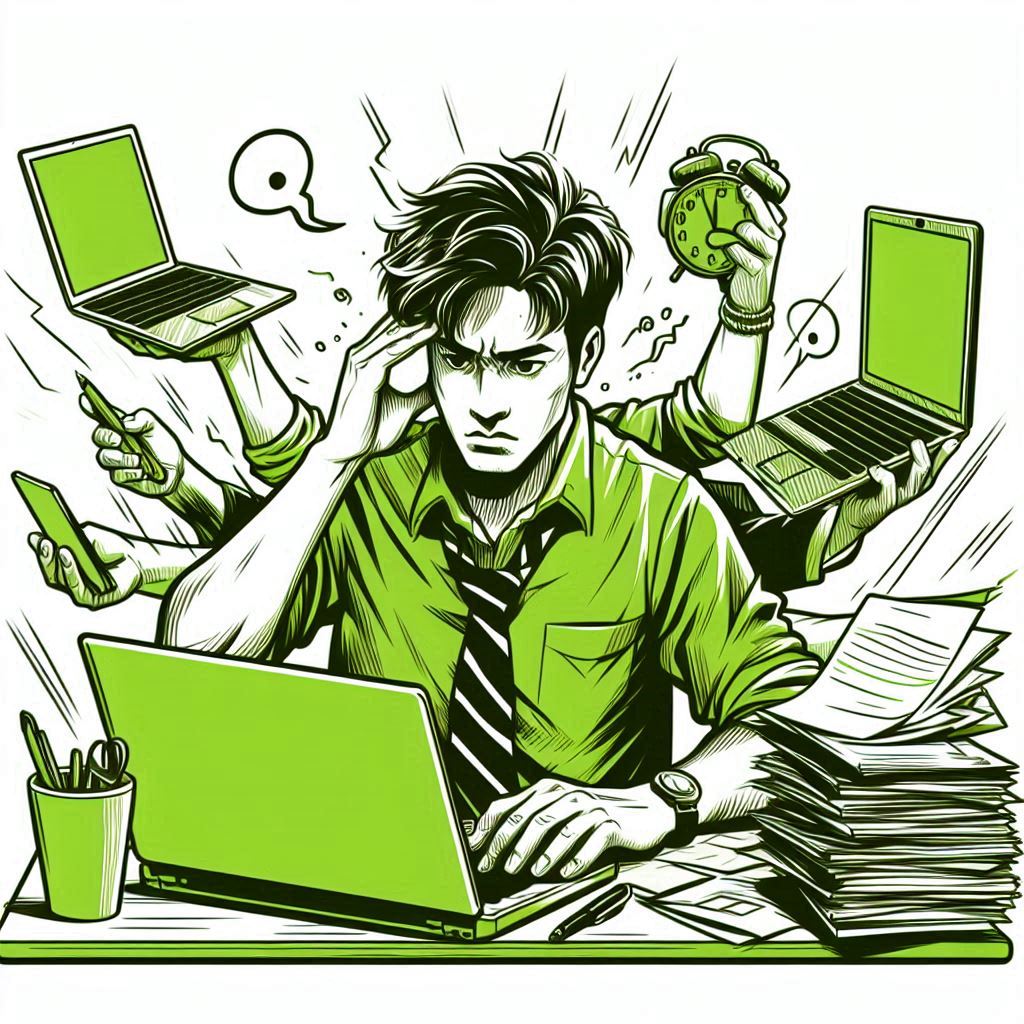
Single-tasking, not task-switching, is how we make progress. Task switching is estimated to cost you 40% of your efficiency & productivity. No wonder some people get nothing done.
Tim Ferriss, author of 4-Hour-Workweek recommends adding an out-of-office notification to advise the recipient that the mailbox will only be read x2 a day.
A good idea, so far I have not found that necessary, Just pick 2-3 slots during the day to check the mail, add a reminder to your diary for 11AM & 4PM, and quietly go about your business. If it is urgent someone will call or approach your desk to ask if you have seen it yet. If the answer is no, don’t apologise, don’t be embarrassed. Just say that you’ll get to it either right now or when you finish this task, depending on the urgency.
Sticking to your work is a commitment. Not everybody has the self discipline to do it. Calming the mind so that you are not panicking about unmonitored emails is a skill.
Master it and your results will speak for themselves.
